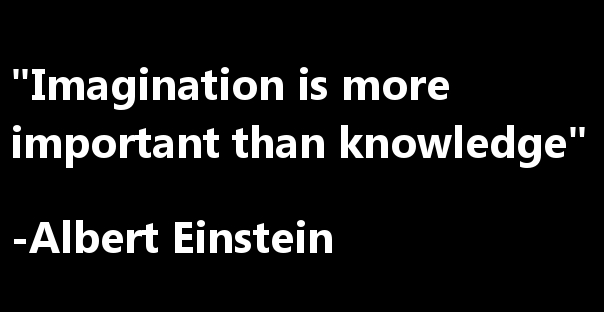
If you’re reading this blog, you’ve probably noticed that it is attached to a website, and that the website is a collection of articles. I know what you’re thinking. Why would a website that is a collection of articles need a blog? Why would anyone read the articles instead of the blog, or read the blog instead of the articles?? What are you trying to do here??? Why do you need so many question marks???? Well you deserve an explanation—so here it is.
In the 21st century, I believe the development of learning platforms and grids that help enable people to find any source of knowledge or skill and to connect with each other through learning paradigms is inevitable. Furthermore, I believe that a unique focus on social learning solutions will eventually help to redefine the global education industry, the 2nd largest industry in the world. The new technology-based social paradigm will appeal to the primary and supplemental needs of not just traditional teachers and learners, but to all people who seek assistance for knowledge and training in any situation to achieve their personal or professional goals.
For these purposes, the word “teacher” will mean not only instructors in classroom settings or with credentials of all levels and experience, but also “tutors,” “coaches,” and any individual with a skill, knowledge or training that they have acquired and would like to impart. With the progression of technology that connects us all and increased access, I believe the ultimate scope and potential of this user base will continue to grow indefinitely.
The vision of LRNGO is to create a “learning market,” a wide open social learning space on the internet that allows any potential user to find another who can teach them anything they desire to learn. Not just online, but face to face in the real world. Education (meaning not just research learning or “teaching yourself,” but learning from others) will no longer be confined to learning in groups, classrooms, or institutions, from which many are excluded. Anyone can find a source to learn anything they want or need at any time that is desirable, at any age or stage in their lives, wherever they are, and where cost may no longer be an issue.
This idea is based on two premises. First, that at any given time in a person’s life, there is a skill that he or she would like to develop or improve upon, as well as knowledge that he or she has that can be taught. Second, as individuals increasingly see opportunities through new business models, individuals in both learning and teaching roles (teachers and students) will start thinking about learning in terms of transactions and realize that knowledge is a commodity, and “everything is negotiable.”
The move to social learning space can be expedited in part by a geographically searchable “mega-directory” website of all individuals who wish to be included, showing their skills and all level and knowledge of subjects that is completely open to the public, but is NOT limited to online learning. The learning space will be a “marketplace” that is divided into 3 basic tiers, and each of the 3 tiers can be seen as a time/cost trade-off.
At the top tier, there would be an optional service for those who don’t have time to find someone to teach what they need, but prefer to spend money to hire someone or a trusted brand/entity to facilitate the entire process for them to take care of any learning needs they may have. They can pay a concierge service or person to help make the right match with the right teacher at the right time and place of their choosing, and schedule any education or instruction program around their own valuable time. (Of course, there are many services already doing this, and it’s not irrelevant that the global private tutoring market is projected by GIA to exceed $100 billion in the next five years.)
The middle tier is a listing of everyone in the world who wants to teach what they know. Everyone is free to publicly browse and search this directory, and users will be quickly and conveniently searchable both by subject and location. Users will create a public profile listing with as much or as little information as they are comfortable with showing, and will be able to be contacted directly through or outside of the website (they can choose whether anonymously or not).
Finally, where money is less of an option, there is a barter or trade system. For those who don’t want to spend or don’t have money (such as college students), the idea is to “trade” an expertise of theirs in exchange for help or instruction in another subject. This can be thought of loosely as a time bank barter system.
Revenue can be generated through…ah what the heck–let’s make it free. 🙂
In the next two years, the social learning market will be at the forefront of a new systemic movement toward open education. Stick around. This caterpillar website is about to turn into a butterfly.
(Supporting documents: “Connectivism: A Learning Theory for the Digital Age” by George Siemens, Hacking Education Conference Transcript 3/6/2009, “Google U” by Jeff Jarvis, “DIY U: Edupunks, Edupreneurs, and the Coming Transformation of Higher Education” by Anya Kamenetz)